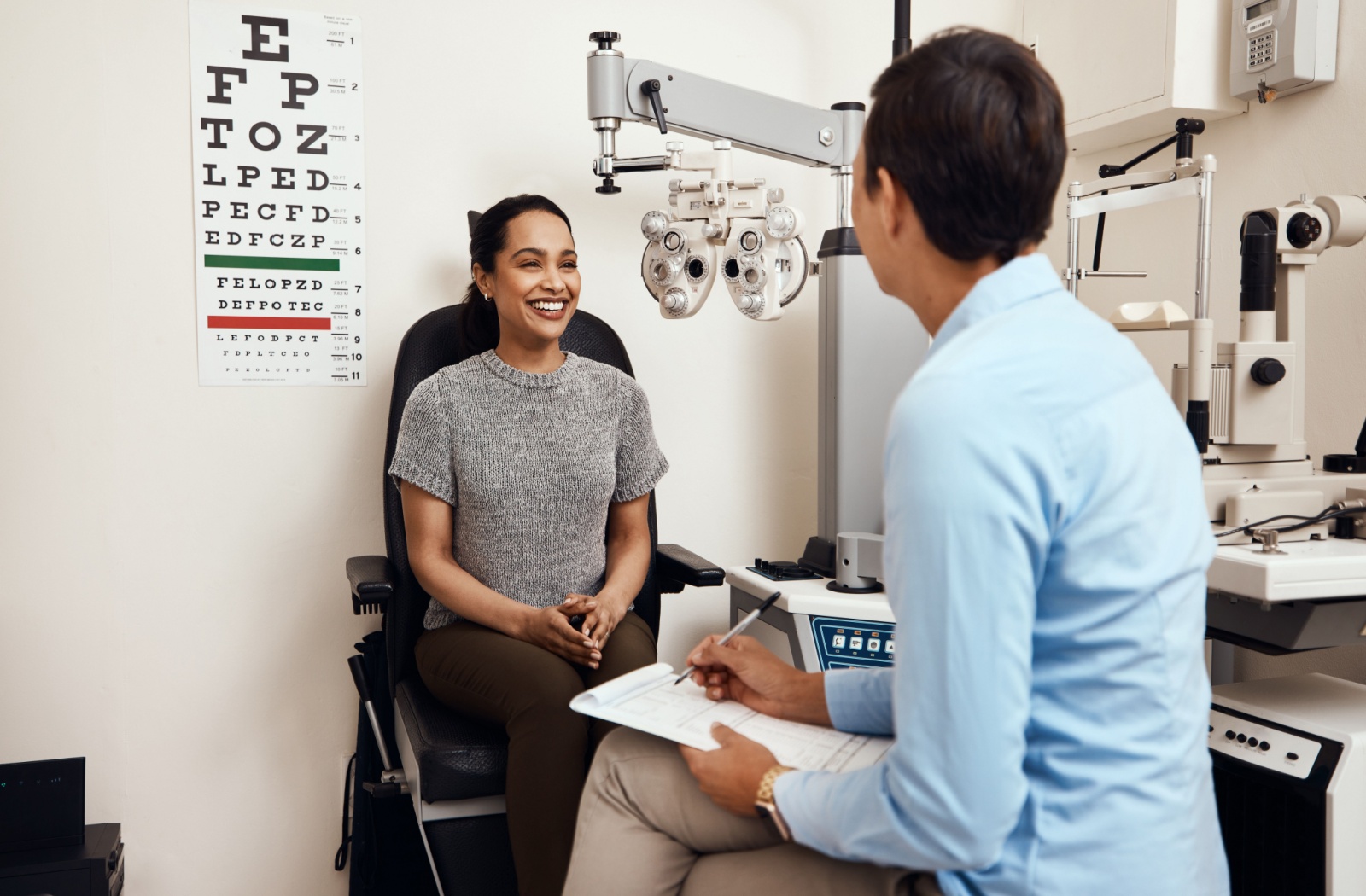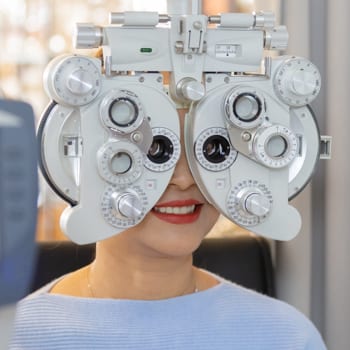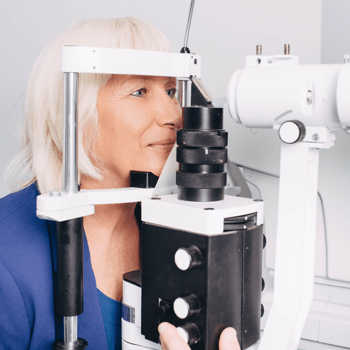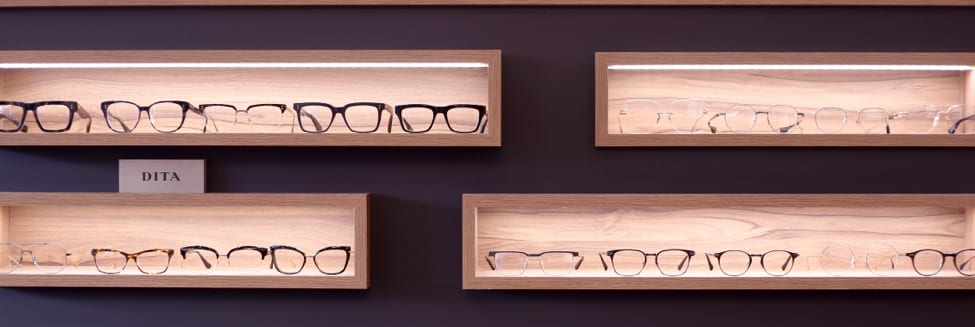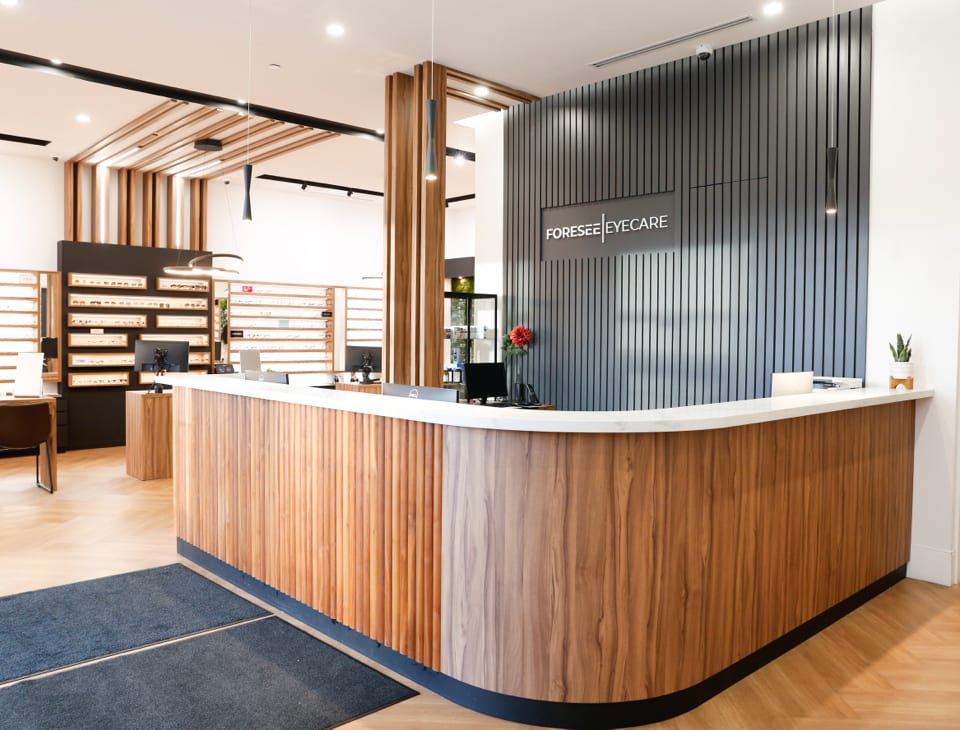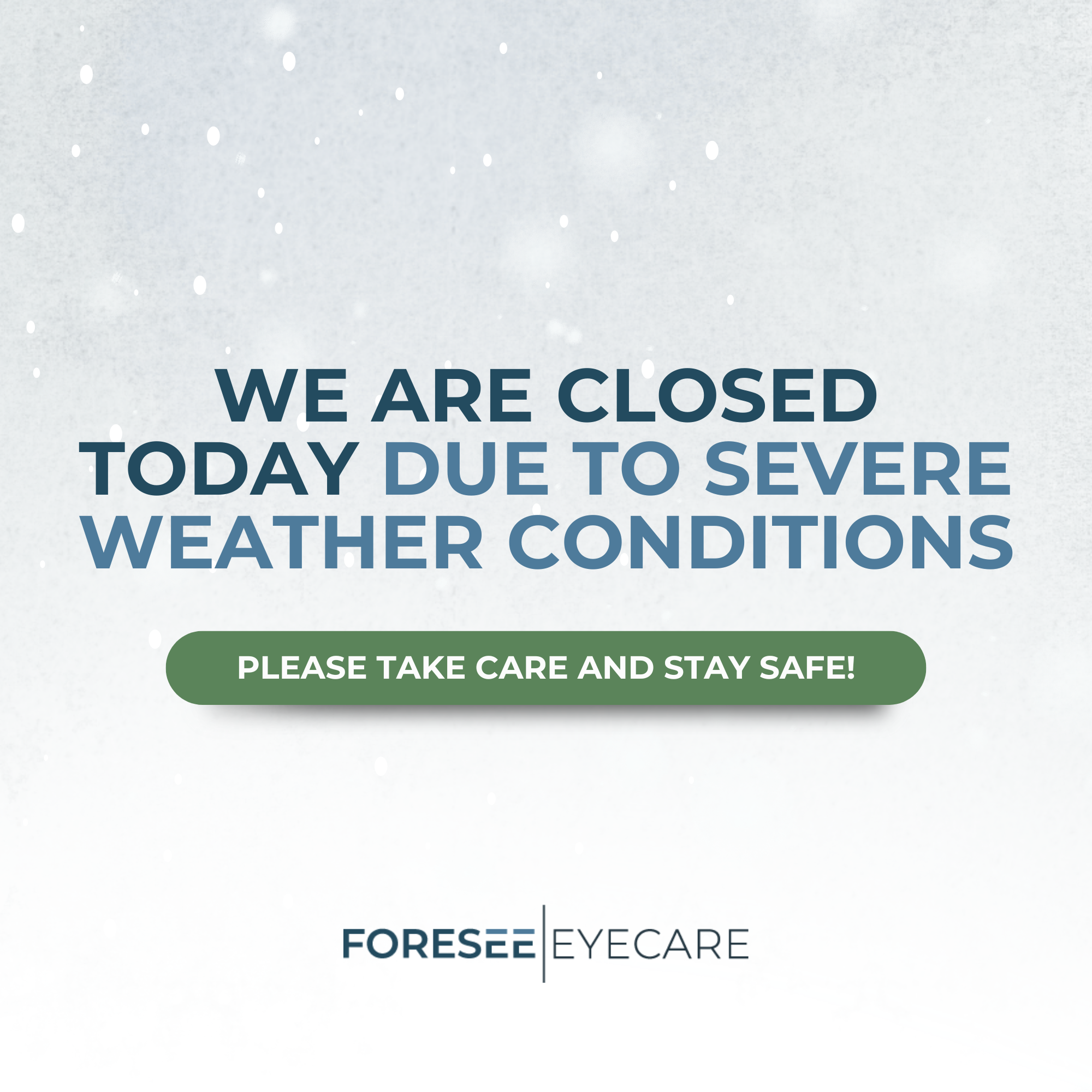Vision therapy is a structured treatment plan designed to improve how the eyes work together and how the brain processes visual information. It is often recommended for conditions such as amblyopia (lazy eye), strabismus (eye misalignment), convergence insufficiency, and other binocular vision issues. Vision therapy can be done at home, but it typically works best when guided by an eye care professional and certified vision therapist.
The Role of Professional Supervision in Vision Therapy
A personalized vision therapy program is typically developed and overseen by an optometrist with experience in vision rehabilitation. These programs are designed based on each person’s visual challenges and may include in-office therapy sessions combined with exercises to do at home. While there are exercises available that may help strengthen visual skills, professional guidance is important to determine what is effective and appropriate for each person’s needs.
Can Home Vision Therapy Be Effective?
Some vision exercises can be done at home with guidance from an optometrist. These may be part of a broader treatment plan and can help reinforce the work done during in-office sessions. Activities such as focusing exercises, eye tracking movements, and convergence training can sometimes be incorporated into daily routines, but the effectiveness of these exercises depends on consistent use and proper technique.
A key part of vision therapy is the ability to monitor progress and make adjustments as needed. Without professional supervision, it can be difficult to assess whether exercises are being done correctly or if they are providing the desired results. An optometrist can track improvements, modify the program as necessary, and introduce new exercises based on how well a patient is responding.
Another analogy is to ask yourself if a workout with a personal trainer is more effective than working out on your own at home. Motivation, challenges, and breakthroughs are often times more difficult without a trainer.
Why In-Office Vision Therapy Offers Unique Benefits
One of the most important aspects of vision therapy is the structured environment provided by a trained professional. In-office sessions allow for a level of precision and adaptation that may be difficult to achieve at home. Specialized equipment, such as prisms, computerized visual activities, and interactive tools, are often used to help train the eyes and brain to work together more effectively. These tools are not typically available for home use, which can limit the effectiveness of a self-guided program.
For those considering at-home vision therapy, it is essential to have an initial assessment with an optometrist. A comprehensive eye exam can determine whether vision therapy is appropriate and what specific areas need to be addressed. Based on this assessment, a customized treatment plan can be created, which may include both in-office sessions and exercises to practice at home.
The Limitations of Online Vision Therapy Programs
There are online programs and mobile applications that claim to offer vision therapy exercises, but these should be approached with caution. While some may provide general eye exercises, they do not replace the personal approach of a professionally supervised program. An optometrist can provide recommendations on which exercises are suitable and how to incorporate them effectively.
Parents who are considering vision therapy for their children may find it especially challenging to manage a home-based program without professional input. Children may need guidance and motivation to complete exercises correctly, and it can be difficult to recognize whether progress is being made without the expertise of an optometrist. Regular check-ins with a vision care professional can assist in keeping therapy on track; then any necessary adjustments can be made.
Commitment & Consistency in Vision Therapy
Another factor to consider is the time commitment required for vision therapy. Consistency is important for achieving results, and at-home exercises should be done as prescribed to be beneficial. Without structured appointments, it may be easy to miss sessions or perform exercises incorrectly. Having scheduled in-office visits provides accountability and allows for more structured progress tracking.
While vision therapy can be an effective treatment for certain visual conditions, it is not a one-size-fits-all solution. The success of therapy depends on various factors, including the type and severity of the vision issue, the person’s response to treatment, and the ability to follow through with prescribed exercises. A professional evaluation can help determine whether vision therapy is appropriate and how it should be approached.
Supporting Eye Health at Home
For those who are looking to improve their visual skills at home, there are some general habits that can support eye health. Taking regular breaks from screens, practicing eye relaxation techniques, and maintaining a balanced diet rich in nutrients that support eye function can all contribute to overall visual well-being. However, these habits are not a substitute for a structured vision therapy program when one is needed.
The Vision Hololens: A New Approach to Vision Therapy
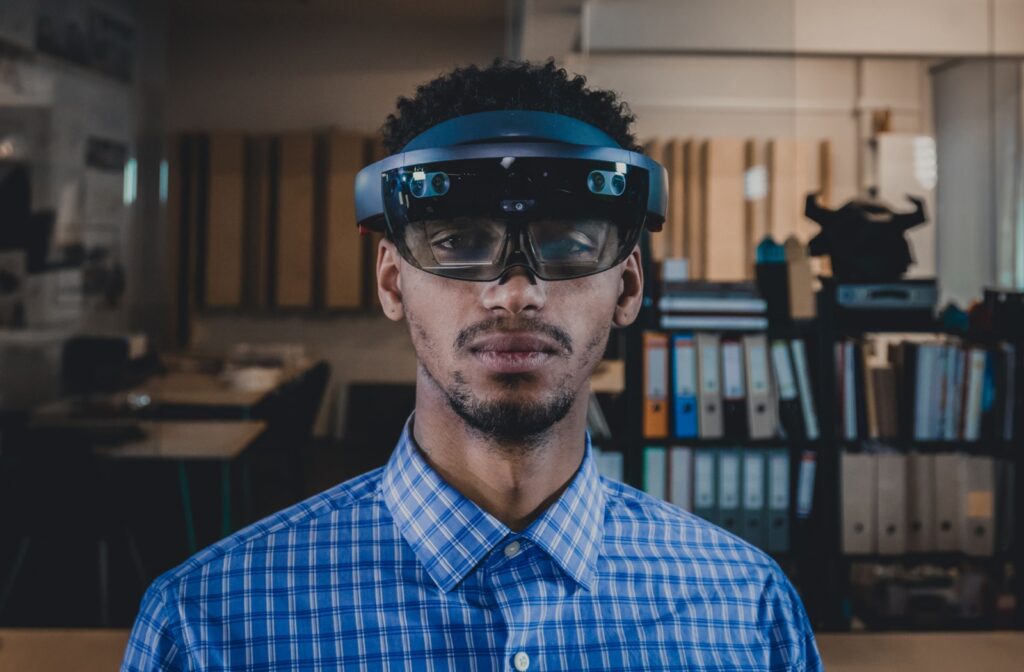
At Foresee Eyecare, we’ve incorporated innovative technology like the Vision HoloLens to enhance our vision therapy programs. This advanced device, available exclusively at our clinic, integrates augmented reality to create interactive visual exercises that help train the eyes and brain in a controlled and engaging environment. By providing real-time feedback and immersive exercises, our Vision HoloLens system makes vision therapy more dynamic and adaptable to each patient’s specific needs. While this technology supports our professional guidance rather than replacing it, it represents our commitment to offering the most effective approaches to vision rehabilitation.
When to Speak with an Optometrist
Anyone considering vision therapy, whether at home or in a professional setting, should speak with an optometrist to discuss their specific needs. At Foresee Eyecare, we can administer a thorough assessment that can help determine the appropriate approach and provide guidance on which exercises, if any, can be safely done at home. By working with a professional, people can receive the support and monitoring necessary to achieve a positive outcome for their vision.

